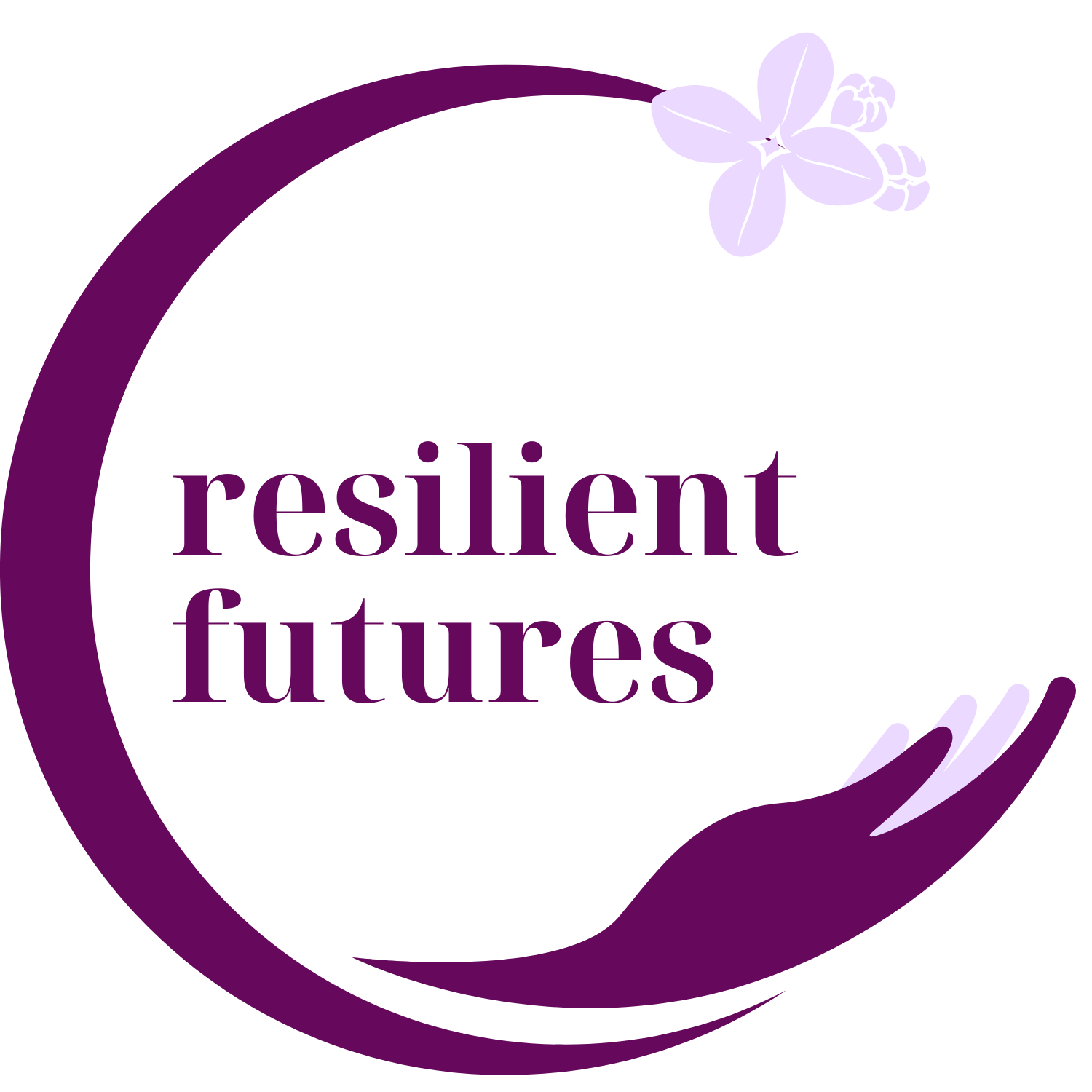Why Trauma-Informed Practices Should Be a Core Component of Graduate Programs for Future Educators and Counselors
Despite the increasing prevalence of childhood trauma, many graduate programs for teachers and school counselors still lack dedicated training on trauma-informed practices. This gap leaves new educators unprepared—not just to support students, but also to care for themselves. The stress of navigating challenging behaviors, managing a classroom, and forming meaningful connections with students can take a toll. Learn how incorporating Trauma-Informed Practices into pre-service graduate programs sets everyone up for success.
Sign up to read this post
Join Now
